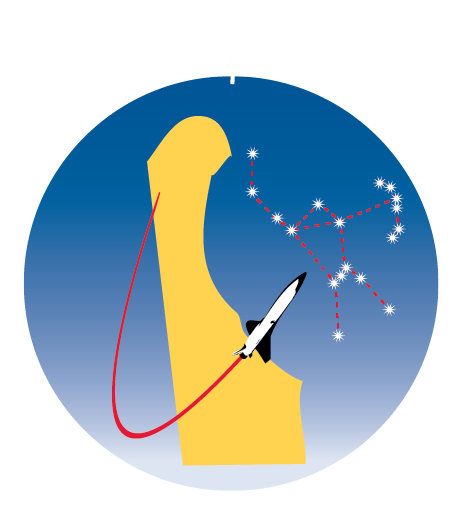
Summer Researcher with Dr. Delayne Johnson
Elementary Education
Delaware State University
Keimora’s Research Summary:
Elementary math education is essential because it sets the stage for academic success, personal growth, and practical life skills.
Research has shown that early math skills are one of the best predictors of later academic success (Duncan, et al, 2007). In addition to setting children up for later mathematics success, early math skills supply a foundation for other important skills such as critical
thinking and logic. To prepare students to be mathematically able, elementary teachers must also be mathematically proficient.
However, there are many articles that address underprepared teachers (Faragher & Clarke, 2016; Johnson & Wells, 2017). These
articles show how important it is for teachers to have opportunities and support and to learn from resources and professional
development for teaching mathematics.
For this research project, the aim is to find elementary math topics that teachers find the most challenging to teach. The goal is to use
the data collected from in-service elementary teachers to create a collection of mathematics teaching resources. These resources will
be made available to teachers who want to understand elementary math better or learn new and effective ways to teach math to their
students.
To carry out the goals of this research project, existing mathematics education research papers were reviewed to help decide the most
challenging elementary math topics. This review showed that multiplication and time are the most difficult topics to teach to students (McGrath, 1977). Next, a survey was created to collect information from current elementary math teachers. The survey consists of 11 short answer questions; the questions ask teachers to find the few topics they have found most difficult to teach. The survey also asks teachers what grade levels they work with to help find proper resources. So far, survey data show that 67% of teachers find Place Value with Regrouping and Comparing Fractions most difficult for students to understand. Survey data collection is ongoing.
Lastly, a teaching resource is being developed to share results of this research project and to supply a place to share materials that are
collected and created based upon findings from this study. This resource, a website named “Expand Together,” is actively being
created. The website will include videos, articles, and other materials about elementary math and how to teach the math concepts in
many ways to help ensure that every student’s needs are met. The goal is also to collaborate with teachers to find best practices in
teaching topics found to be the most challenging mathematics topics. Then, a library/video library will be created and shared on the
Expand Together site.
Ultimately, this project will result in the creation of a professional network that supports elementary teachers in supplying more
effective mathematics instruction and opportunities for students during a critical period in their mathematics education.
Duncan, G. J., Dowsett, C. J., Claessens, A., Magnuson, K., Huston, A. C., Klebanov, P., Pagani, L. S., Feinstein, L., Engel, M.,
Brooks-Gunn, J., Sexton, H., Duckworth, K., & Japel, C. (2007). School readiness and later achievement. Developmental Psychology,
43(6), 1428–1446. https://doi.org/10.1037/0012-1649.43.6.1428
Faragher, R., & Clarke, B. (2016). Teacher identified professional learning needs to effectively include a child with down syndrome in
primary mathematics. Journal of Policy & Practice in Intellectual Disabilities, 13(2), 132-141. doi:10.1111/jppi.12159
Johnson, T., & Wells, L. (2017). English language learner teacher effectiveness and the common core. Education Policy Analysis
Archives, 25(23/24), 1-21. doi:10.14507/epaa.v25.2395
McGrath, J. P. (1977). A study of some of the most difficult topics identified in teaching mathematics in grades four to eight: in three
elementary schools. Retrieved August 31, 2023, from research.library.mun.ca website: https://research.library.mun.ca/11015/
In reflecting on my experience working on this research project and on developing an elementary math teaching resource for teachers,
I have gained several valuable lessons that have contributed to my personal and professional growth. First, I learned the value of
efficient communication with research collaborators and participants (supervisor, contacts, study participants). Second, I improved my
organizing abilities. Managing many research activities and deadlines throughout the project required me to improve my time
management and prioritization skills. I also learned the value of teamwork and harnessing varied viewpoints. Overall, my time with
DE Space Grant taught me more about cooperation, effective communication, organization, collaboration, and resilience in designing and implementing a research project. Thank you for allowing me this opportunity.

